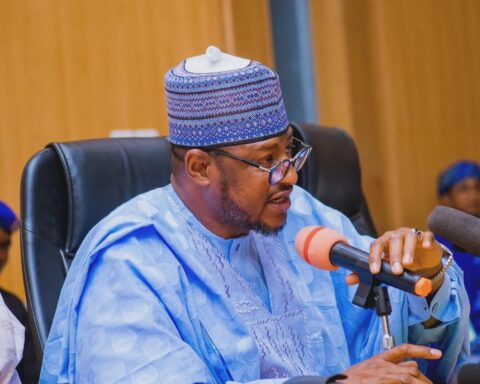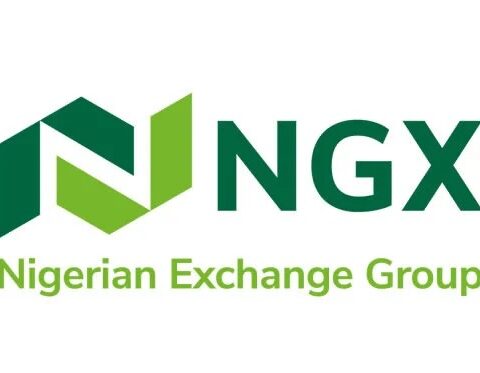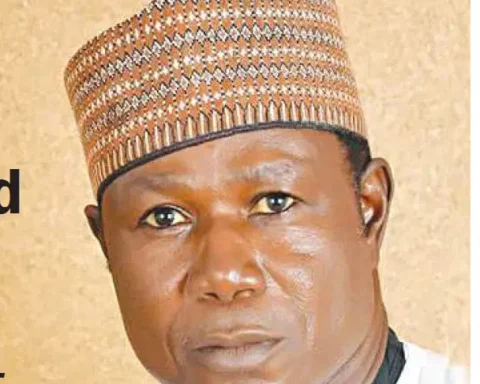Donald Trump has announced that he plans to meet with Ukrainian President Volodymyr Zelenskyy, despite having previously criticized him during his campaign and expressing skepticism about Ukraine’s ability to defeat Russia in the ongoing conflict.
Trump, who is the Republican candidate for the upcoming United States presidential election scheduled for November 5, confirmed that the meeting will take place in New York on Friday.
This announcement came just hours after President Joe Biden revealed a substantial package of over $8 billion in new military assistance aimed at supporting Kyiv in its struggle against Russian aggression.
Additionally, Vice President Kamala Harris, who is Trump’s rival in the upcoming election, had a meeting with Zelenskyy, where she assured him of her administration’s “unwavering” support for Ukraine.
Trump has openly questioned the extent of U.S. support for Ukraine, raising doubts about whether the country should have negotiated a settlement with Russia at the onset of Moscow’s full-scale invasion in February 2022.
During a campaign rally earlier this week, he reiterated his belief that he could broker a peace deal.
“President Zelenskyy has asked to meet with me, and I will be meeting with him tomorrow morning at around 9:45 in Trump Tower,” Trump stated to reporters in New York.
When asked whether Ukraine might need to relinquish some territory in order to reach a peace agreement with Russia—a suggestion that is completely unacceptable to Kyiv—Trump did not dismiss the idea, simply saying, “We’ll see what happens.”
His remarks came shortly after Harris had pledged continued support for Ukraine, subtly referring to Trump’s stance by suggesting that anyone proposing land concessions for peace was advocating for “proposals of surrender.”
Harris spoke alongside Zelenskyy during their seventh meeting at the White House, with this being the third time they have met this year. Notably, since the end of Trump’s presidency in 2021, he and Zelenskyy have not met in person, although they did communicate via phone in July.
Earlier in the week, it appeared that Trump might decline Zelenskyy’s request for a meeting. Before heading to New York for the annual United Nations General Assembly, the Ukrainian leader expressed hope of discussing his “victory plan” for winning the war against Russia with Biden, Harris, and Trump. However, Zelenskyy’s visit to a munitions factory in Pennsylvania over the weekend—accompanied by the state’s Democratic governor, Josh Shapiro, who is allied with Harris—seemed to have frustrated Trump’s campaign.
Continuing his criticism of Zelenskyy on the campaign trail, Trump claimed on Monday that the Ukrainian president wanted Harris to win the upcoming election. On Wednesday, he referred to Ukraine as being “dead” and “demolished.” Trump also hinted at his displeasure with Zelenskyy’s recent remarks to The New Yorker, in which the Ukrainian leader suggested that Trump “doesn’t really know how to stop the war.” When a reporter brought up these comments during a news conference, Trump responded, “I do believe I disagree with him. He doesn’t know me.”
This complex and contentious interaction between Trump and Zelenskyy underscores the shifting dynamics in international relations as both navigate the political landscape ahead of the critical U.S. presidential election.



























